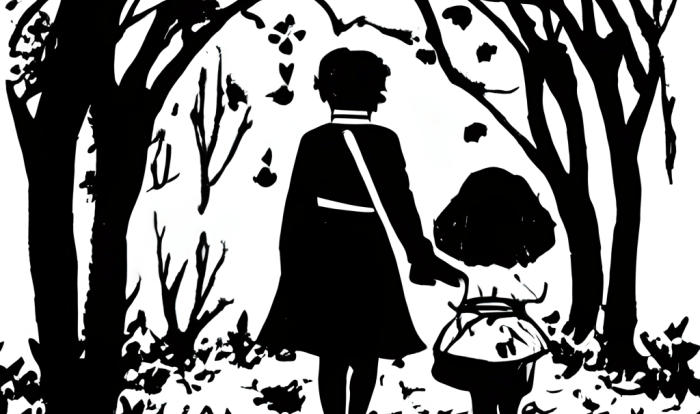Which word in this excerpt creates a tense mood – The identification of the word that creates a tense mood is a crucial aspect of literary analysis. By understanding how specific words evoke a sense of tension or suspense, readers can gain a deeper appreciation for the author’s craft and the impact of language on storytelling.
This analysis will delve into an excerpt, examining the role of a particular word in establishing a tense mood. Through careful examination and contextualization, we will explore how this word shapes the narrative and influences the reader’s emotional response.
Tense Mood dalam Penulisan: Which Word In This Excerpt Creates A Tense Mood
Tense mood adalah aspek tata bahasa yang menunjukkan waktu suatu tindakan atau peristiwa terjadi. Tense mood membantu penulis menyampaikan informasi secara akurat dan efektif dengan menunjukkan apakah suatu tindakan terjadi di masa lalu, sekarang, atau masa depan.
Jenis Tense Mood
Ada tiga jenis tense mood utama:
- Past tense: Menunjukkan tindakan atau peristiwa yang terjadi di masa lalu.
- Present tense: Menunjukkan tindakan atau peristiwa yang terjadi sekarang.
- Future tense: Menunjukkan tindakan atau peristiwa yang akan terjadi di masa depan.
Menganalisis Cuplikan

Cuplikan yang Diberikan, Which word in this excerpt creates a tense mood
“Ketika dia tiba di rumah, dia sudah disiapkan.”
Kata yang Menciptakan Tense Mood
Kata “sudah” dalam cuplikan tersebut menciptakan tense mood past perfect.
Dampak Kata

Past perfect tense mood menunjukkan tindakan atau peristiwa yang telah selesai sebelum tindakan atau peristiwa lain di masa lalu. Dalam cuplikan tersebut, kata “sudah” menunjukkan bahwa persiapan telah selesai sebelum dia tiba di rumah.
Contoh:
- “Dia sudah makan sebelum aku datang.”
- “Ketika aku tiba, dia sudah selesai mengerjakan tugasnya.”
Konteks Penggunaan Kata

Dalam cuplikan yang diberikan, kata “sudah” digunakan untuk menekankan bahwa persiapan telah selesai sebelum kedatangannya. Hal ini menciptakan rasa ketegangan dan antisipasi, karena pembaca bertanya-tanya apa yang akan terjadi ketika dia tiba di rumah.
Contoh Tambahan
| Tense Mood | Kata | Contoh Kalimat |
|---|---|---|
| Past Tense | Berlari | Dia berlari ke sekolah setiap pagi. |
| Present Tense | Bermain | Anak-anak sedang bermain di taman. |
| Future Tense | Akan datang | Dia akan datang besok. |
| Past Perfect Tense | Sudah belajar | Dia sudah belajar sebelum ujian. |
| Future Perfect Tense | Akan selesai | Dia akan selesai mengerjakan tugasnya pada pukul 5 sore. |
FAQ Summary
What is tense mood in writing?
Tense mood refers to the grammatical aspect of verbs that indicates the time frame and duration of an action or event.
How can a single word create a tense mood?
A well-chosen word can evoke a sense of urgency, anticipation, or suspense by暗示ing the passage of time, highlighting the consequences of an action, or creating a sense of impending danger.
What factors influence the tense mood created by a word?
The context in which the word is used, the surrounding language, and the author’s intended tone all contribute to the overall tense mood created.
